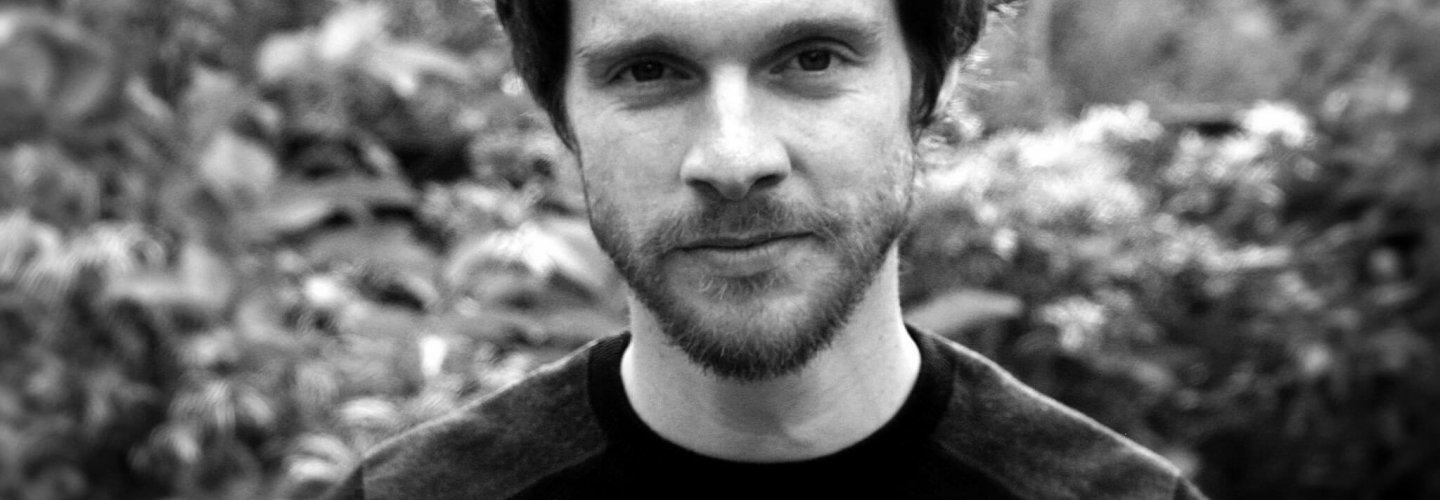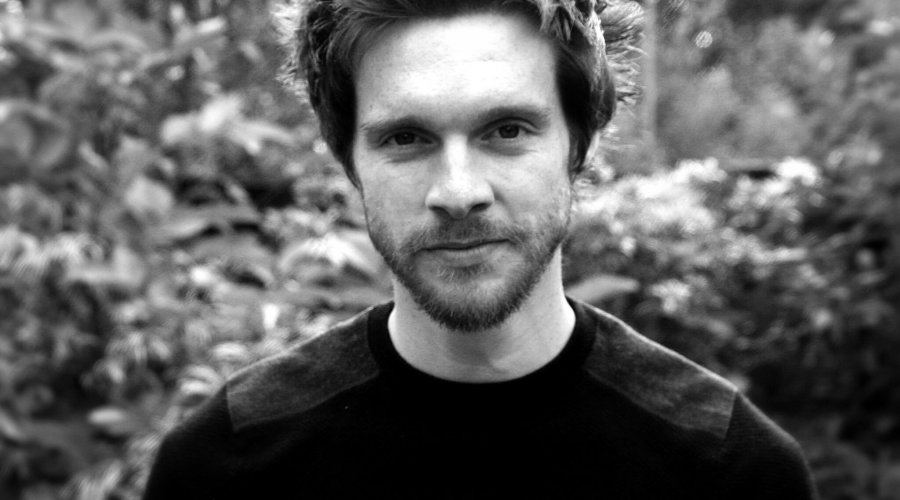Tom James Parmiter joined the Anara Publishing roster in July 2018. Here we chat with him about his creative process and get his thoughts on the importance of music publishing.
1.) Tell us about how you started making music or what initially got you into music?
I started, like a lot of teenagers do with music, overplaying with a bunch of mates in my dad’s converted garage/mini studio. I got a Pearl Forum Series drum kit for doing my exams in secondary school and so became the sticks man in a couple of groups. Stewart Copeland was, and is, a percussion idol of mine, and I’ve taken a lot of inspiration from his soundtrack work in later years – yeah, I’d like to meet that guy.
2.) What is your typical songwriting/composing process?
It pretty much always starts around the piano – it’s an instrument I regularly feel my most inspired at, and most able to construct well formed ideas quickly. I’m very into the latter; if I don’t like what I’m playing after a couple of run-throughs then why should anyone else? The piano is exceptionally good at helping musicians make this decision quickly in my book.
3.) Do you have any routines to get you into the creative frame of mind?
Without a shadow of a doubt spending time outdoors. Going on holidays to the mountains. Going running these days blasts the cobwebs out; any long distance runner worth their salt will tell you what a cleansing process going for a run is, or a cycle/jog – even walking somewhere nice. There are some pretty good studies out there that make the link between exercise and your mind opening up through it.
4.) Do you find that new ideas come in waves of inspiration or are you always creating? Do you try to stick to a routine and compose for a certain amount of time per day, for example?
Ideas usually come along in batches for me; seems to be about five or six sections of music will come to me at a time – I then like taking the ideas, mixing them up, matching them, chopping them into bits, putting them back together – the creative process is probably about 20% playing 80% arranging; the latter is where I get the most joy out of music.
5.) Can you describe a pivotal moment in your career?
Being played on BBC Radio was fairly special; I’m not the most confident knife in the drawer, and it helped validate in my head that I’d created music and a sound professional enough to receive national airplay. Acting as the soundtrack to an art gallery exhibition last year was a real honour and exactly the kind of environment I envisaged my music working in.
6.) How important do you think publishing representation is for artists and composers?
As an artist who doesn’t currently have a live performing outlet and one who has chosen to focus on instrumental composition, I feel publishing can be a hugely beneficial voice for composers. It can provide solid musical ideas with a home which previously wouldn’t have been possible; backing advertisements, TV, film and video games. It is absolutely the way forward for making a living in music, short of touring endlessly, which isn’t on the agenda right now!
7.) Do you have a favourite use of music in TV or Film?
A couple spring to mind – hands down my favourite from TV is the theme tune to Inspector Morse by Barrington Pheloung. It evokes place, mood, and gives a concise sense of the narrative of the character in the space of about three minutes, a very skilled and iconic piece of soundtrack work. More broadly known would be the theme to Chariots of Fire by Vangelis; as a long distance runner myself that piece of music just utterly fits the motion and the drama of the sport.
8.) Do you have any advice for aspiring songwriters/composers?
I feel I’m still in the position of seeking advice more than giving it, but one belief I hold dear with music composition is to not limit yourself to being inspired by other artists in music. Go and see paintings, spend time outdoors, read – being creative and receptive as a musician doesn’t stop at bars and quarter notes, it’s informed by everything you take in. I think of the Lake District, mountains, rivers, deserts, when I write, I don’t consciously try and mug off other composers. Well, not often anyway. Seriously though, give it a go – it’ll improve your ability to really listen to what you are doing.

